Bngladesh is a country that literally fought for its language. But now in UK the new generation of Bangladeshis in Britain cannot read, write, or even speak Bengali. The third-generation Sylhetis are not able to speak the Sylheti language properly. Many can understand their parents language, Bangla, but do not want to speak Bengali. Standing in the place of this crisis, in the last few years many Bangla newspapers and TV channels have been closed one after another in Britain. Because the readership in this language has decreased several times.Especially after the deaths of elders of the community due to COVID, Bengali media has lost many viewers.Daily Dazzling Dawn, the first and only full-fledged English-language newspaper owned by a Bangladeshi in Britain, has been working from the beginning with the community's concerns about the future of the Bengali and Sylheti language practices of millions of Bangladeshi generations in the country.
We look at the reasons Bengalis value their mother tongue and the significance of language preservation for future generations.
As the singer Joy Crookes, whose mother is Bangladeshi, poignantly put it in her song London Mine: ‘Bangla noise on Brick Lane, that’s the sound of my home.’
Bengali, or Sylheti, is spoken everywhere these days in East London, from market vendors selling fresh fish to schoolchildren chatting and couples arguing. This may appear to visitors as a unique feature of the region. However, Bengali, or Bangla, and Sylheti are deeply ingrained in the history and identity of British Bangladeshis. There is more significance between the two languages.
But the East End's British-Bangladeshi community is going through a dramatic transformation. What occurs when a new generation, many of whom have never visited Bangladesh, is born, raised, and unable to speak their own tongue in London? Concerns exist over what would happen if young people were unable to communicate with their elders and whether the language would endure. From the people I've spoken to, it seems like the next few years will be a turning point.
Many parents find it frightening to consider that "in history, it will be noted that it was at this point where the language declined," a fear expressed by
Foysol Hussain Choudhury, MBE first Bangladeshi born MP in Scottish parliament,he also worried about how people will continue to strive to preserve it and what the future holds. Although Mr. Chowdhury is able to observe the changes occurring around him, there are currently no statistics available regarding the number of young British Bangladeshis who are speaking their mother tongue less frequently. He saw that many kids were having trouble interacting with their grandmother. English is the first language spoken by his children, who were raised in London. Bengali is the first language of their grandma.They can communicate, but it’s difficult.
He worried that the things that grandparents usually pass on to their grandchildren—from folk tales to stories about their journey to the UK—would be lost.
Pakistan was established following the division of India in 1947. It was divided into East Pakistan, which is now Bangladesh, and West Pakistan, which is now Pakistan, more than a thousand miles apart. The capital of the government was in West Pakistan. Urdu became the official language in 1948, when a law was imposed by the government. In East Pakistan, where Bengali was the most widely spoken language, this led to a backlash. On February 21, 1952, in Dhaka, numerous student protestors were shot and killed by police as a result of the disturbance. The pupils that perished are now referred to as the Language Martyrs. The Language Movement, a political movement that pushed for the official recognition of Bengali, emerged as a result of this incident. Following years of opposition, the government finally gave up and gave Bengali official recognition in 1956. Independence for Bangladesh came later in 1971, but this violent repression of people’s written and spoken comments sowed the seeds. Altab Ali Park in Whitechapel is home to a scaled-down replica of the Dhaka Language Martyrs Memorial.
Because of this narrative, Bangladeshis now consider their mother tongue to be an integral part of who they are. It is vital to remember that an estimated 90–95% of British Bangladeshis are Sylheti, meaning that they came from the Sylhet province of Bangladesh. Speak Sylheti, not Bengali, is what most Sylhetis do. The vocabularies and grammar of the two languages differ. The two sound somewhat different from one another, similar to London English and Glaswegian English. While some Sylhetis are bilingual, some are not. It’s impossible to generalize about this in London.
However, Sylhetis continue to feel a part of the language movement. After all, regional languages were also damaged by the imposition of Urdu. These two languages have a deeper meaning because of the relationship between language and Bangladesh's national narrative. A few respondents liken it to the significance of Catalan to those who live in Catalonia. It is intricately linked to Bangladeshi identity and legacy, particularly for the elder generation that is still aware of the liberation movement. For the Bangladeshis who traveled to the UK in the 1960s and 1970s, when many came, these memories were still raw. The question of whether the children of this generation would study Sylheti or Bengali was moot. Since it was their parents' first language, that is the language that was spoken at home.
It’s harder now for a new generation of British-Bangladeshi parents to teach their children Bengali or Sylheti.
Parents are frantically attempting to teach their children Sylheti. However, they are realizing that it's much simpler to do in English. Additionally, it's simpler for kids who are exposed to English in the classroom, on TV, and on social media. Not all parents are forcing their kids to pick up the language the way they were.
Today, there are over 7000 languages spoken around the world, with fewer than 200 countries. All countries are multilingual, even if governments refuse to recognize this reality and promote cultural assimilation of minority groups.
Bangladeshi community specialty in Tower Hamlets has made learning Arabic more of a priority during the last 25 years. Arabic additional schools are performing better than Bengali supplementary schools.
The number of pupils taking Bengali GCSE supports this idea of shifting priorities. In 2008, 1,516 pupils sat GCSE Bengali. Since then, that number has gradually declined to 473 in 2023, according to figures from the exam board, AQA.
Notably,In June 2017, Sylheti was recognized as a native language in British schools.Bangladeshis represent the fourth-largest ethnic minority community in the UK.
Ahid Ahmed, former deputy mayor and councillor of Tower Hamlets, confirmed the delay in the establishment of new Bangla schools, despite the election of a Bangladeshi-origin mayor to the Tower Hamlets Council.
He told to Daily Dazzling Dawn,In a 2000 survey of London school children, Bengali/Sylheti was the most commonly spoken language after English, used by 4.51 per cent of the school population. Speakers are concentrated in an area stretching from Westminster to Newham, with particularly high proportions in Tower Hamlets. However,the future of the Bangla language in the UK is uncertain, as there are concerns about the language's decline among the younger generation.
Mohammad Islam, a councillor of Croydon Council in London, noted the presence of Bangla books in Britain's libraries and the introduction of nine forms or letters in Bangla in the eighties.
Md Lokman Uddin, one of the founders of the London Saint Mary Centre, emphasized the initiative to introduce Bangla alongside English to uphold equal rights in British law. This initiative has led to the naming of various buildings and streets in Tower Hamlets, Camden, Birmingham, and Cardiff in Bangla.
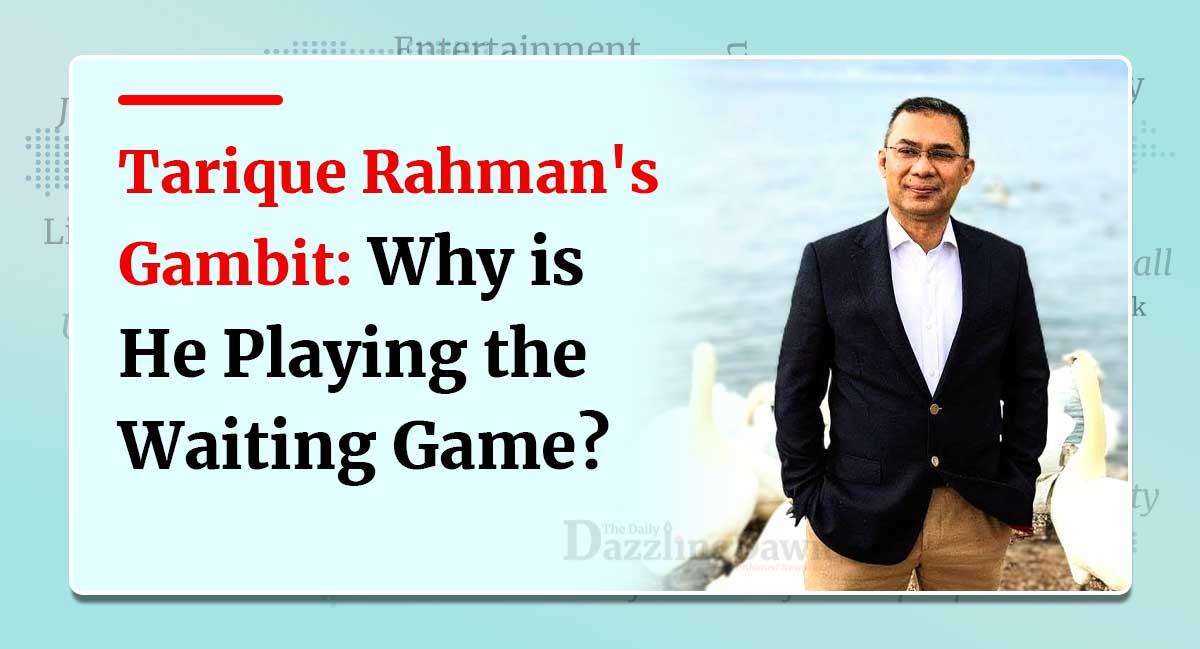
.jpg)
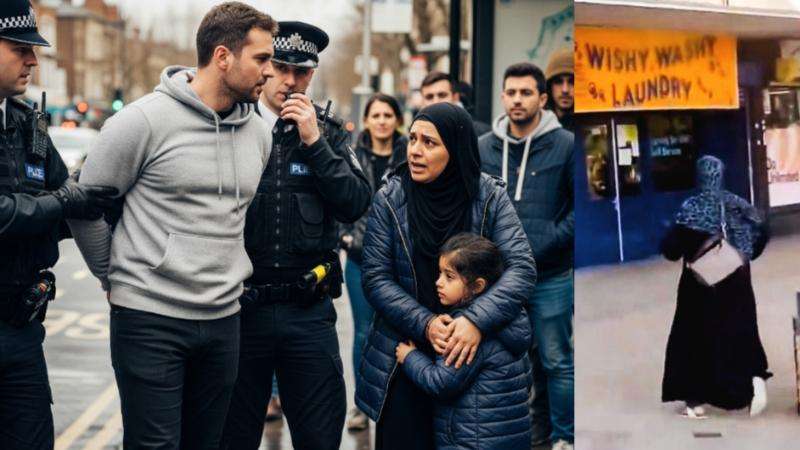
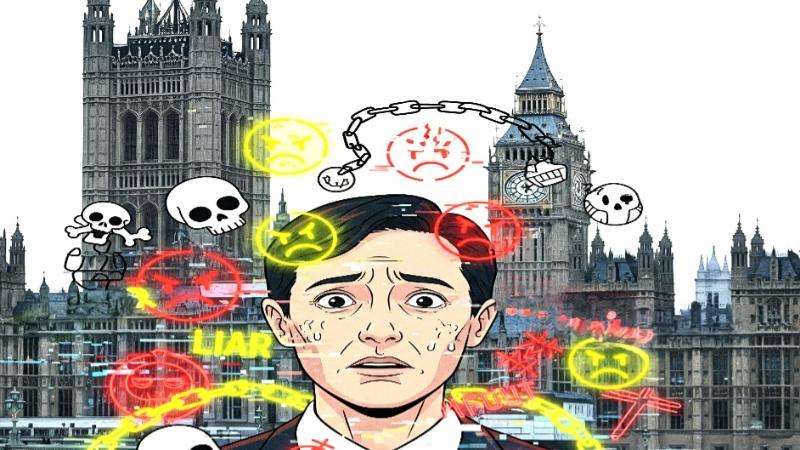
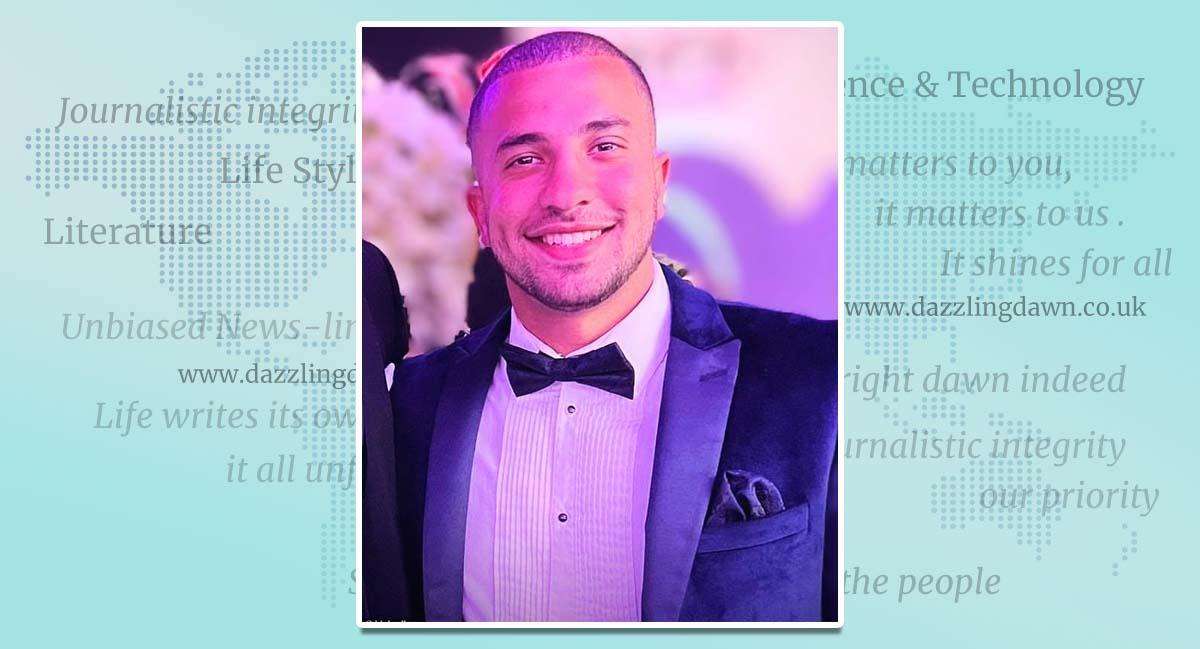

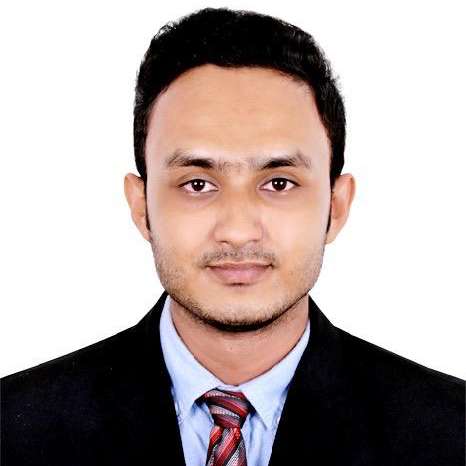

.svg)


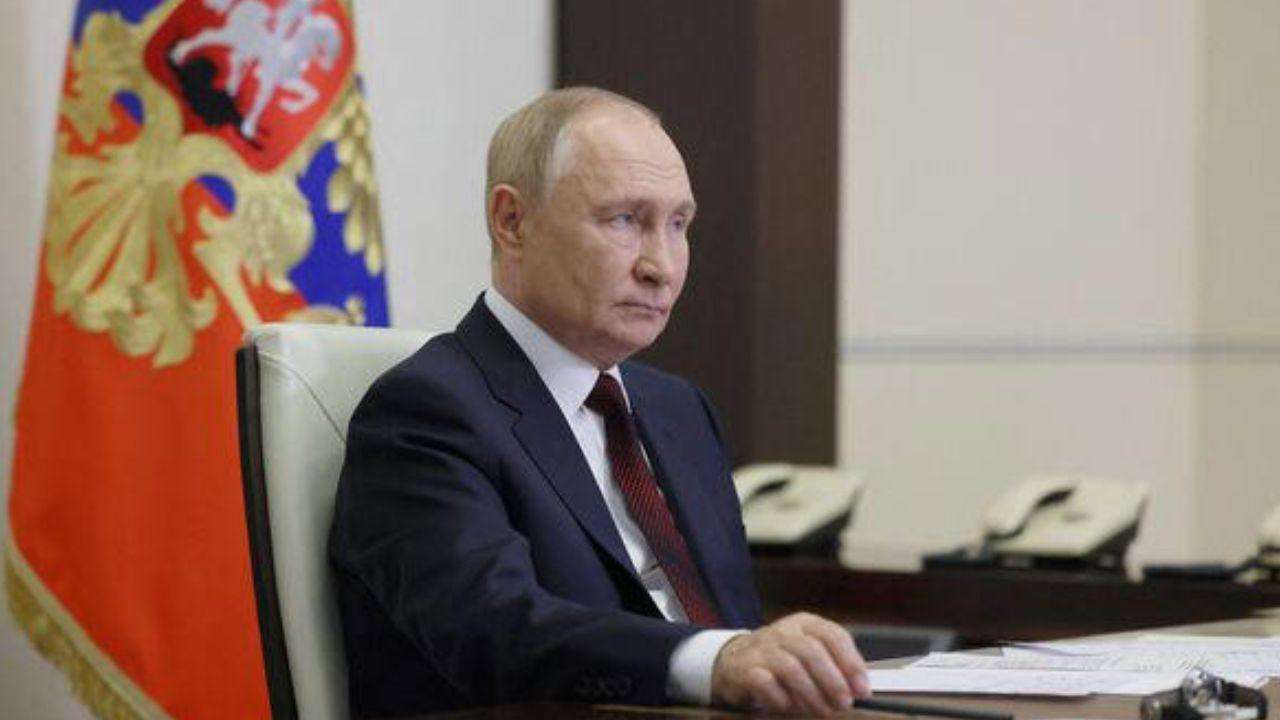
_1.jpg)
